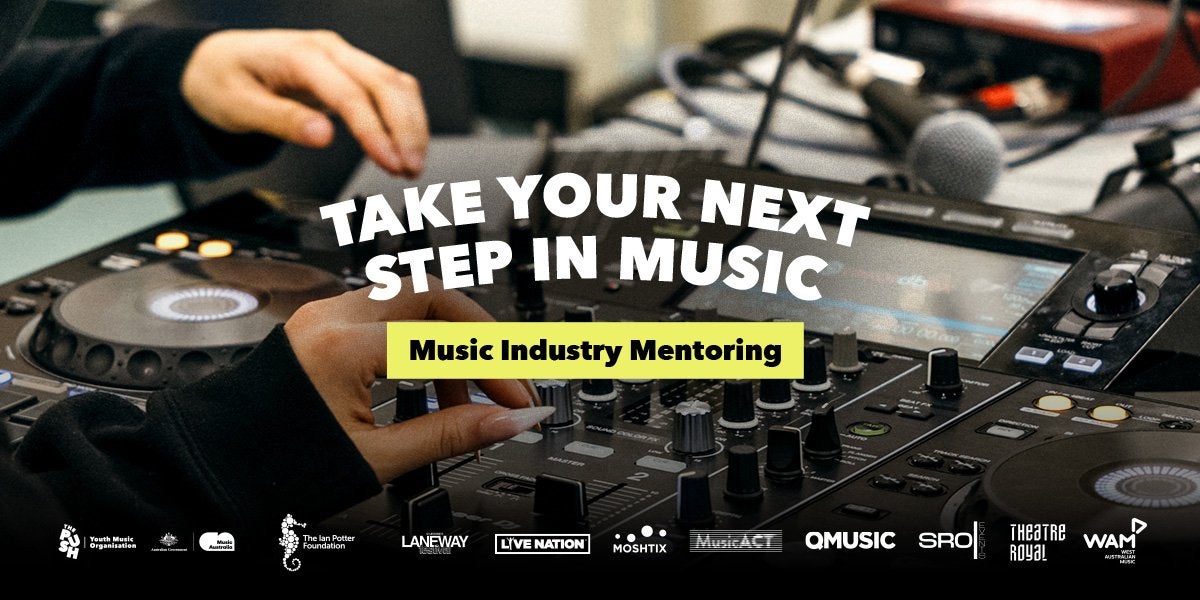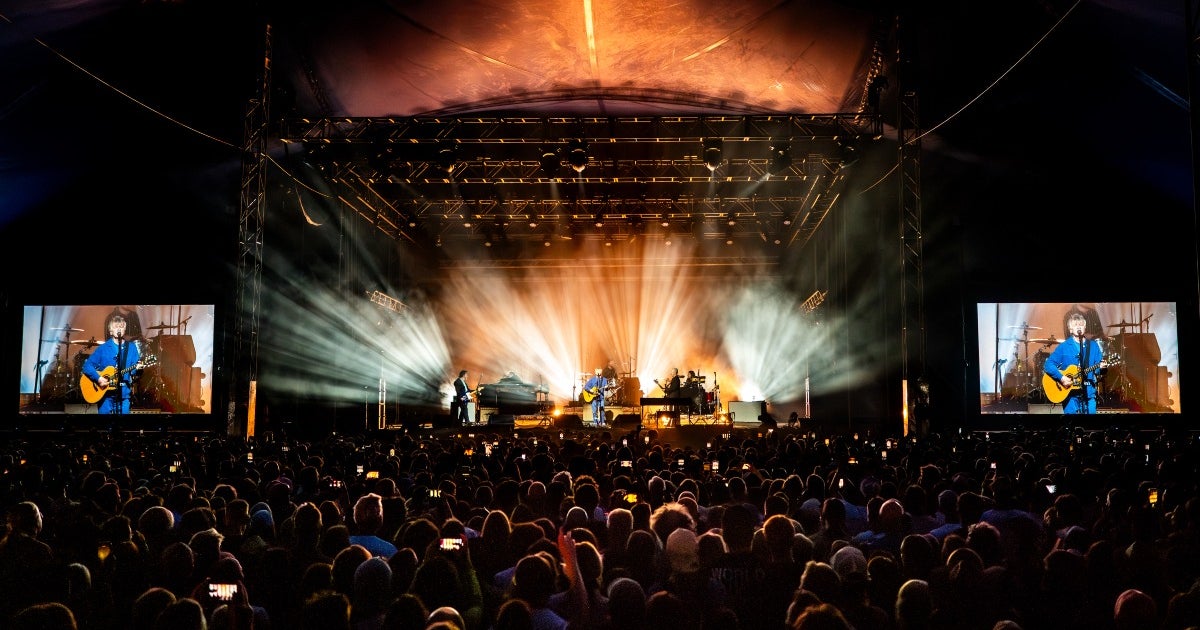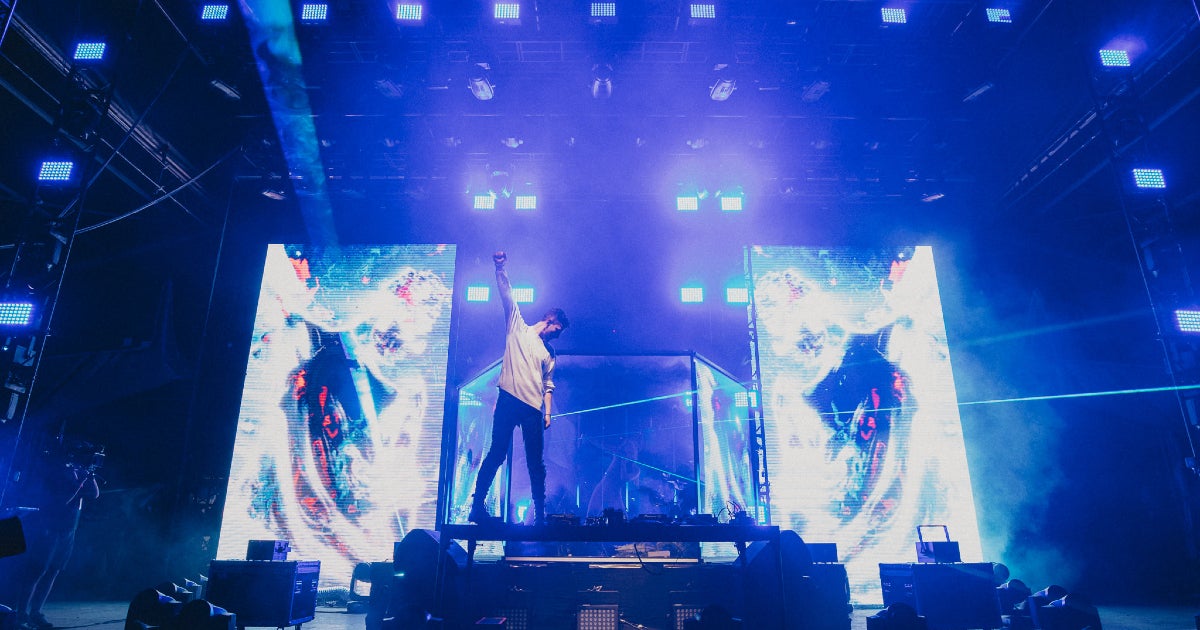
NERD NITE MELBOURNE EDITION #34

Sign up for event updates

For our final show of 2018, our 3-speaker line up will be discussing challenges of doing remote Antarctic fieldwork for women, historic subcultures of Australia and the amazing cognitive abilities of bees. Come join us at our venue Howler, in Brunswick for $15 burger and pot deals whilst you are learning.
*Presentation 1
The end of the heroic age? Women in Antarctic research and fieldwork - Meredith Nash
Antarctica is often associated with images of heroic men like Shackleton and Mawson battling against the blizzard. The pervasiveness of heroic white masculine leadership and exploration in Antarctica and, more broadly, in Science, Technology, Engineering, Mathematics, and Medicine (STEMM) research cultures, has meant women have had less access to Antarctic research and fieldwork opportunities. Today women are more visible in Antarctica than ever before; nearly 60% of early career polar researchers are women and they are integrated into - and, at times, lead -the everyday activities of National Antarctic Programs. Nevertheless, female polar scientists around the world continue to face the well-established gendered barriers in STEMM. In this talk, Meredith will focus on Australia and discuss five key barriers that shape women's experiences of Antarctic research and fieldwork and explain why structural inequality is not a problem that women should be expected to fix in Antarctic research or in science broadly.
*Presentation 2
How to train your honeybee: Communication by numbers - Scarlett Howard
Is it possible to communicate effectively with a species separated from humans by 600 million years? What if humans could find a way to communicate with an insect operated by a brain the size of a sesame seed? For a few decades, it has been possible to train and test honeybees on a variety of different tasks such as facial recognition, illusionary perception, categorisation, maze navigation, and pattern recognition, among many others. More recently, bees have been tested on their ability to process numbers, thus demonstrating a capacity to count, discriminate between quantities, and understand advanced numerical concepts. Could the honeybee's ability to learn numerical tasks from humans forge a new method of communication between two very different species? In this talk, Scarlett will explain how it is possible to train and test individual bees, how they demonstrate rule learning and application, and what widespread applications these results have for areas as diverse as artificial intelligence development, pollination, or even space exploration.
*Presentation 3
"Wowsers, Weirdos, Wonks." Australia's stranger social groups of yore. - Jack Dunstan
As a new colony and nation Australia was trying to find it's feet and assert some identity separate from its colonial and penal past. Being part of a organisation was a way to formalise social movements, establish change and meet like minded people. Despite a strong religious presence in Australia in the early 1900s many groups were secular and provided the development of values that still exist today. From unions to friendly societies a organisational structure helped people form dialogue to promote a social cause for the benefit of others. Of course there are also the ratbags and weirdos. Some groups existed purely as an opposition to other social behaviour, such as Temperance Unions and the Anti-Football League. In this presentation Jack will do his best not to poke fun of groups that had sincere interest in the making of Australia and reflect on their contribution.
WORLD ACCORDION DAY feat. Live Accordion Performances
Sat 3 May 2025, 12.00pm | Brunswick Artists' Bar, VIC
OPEN FROM 12PM // FREE ENTRY // SHOW STARTS 12PM more »
Get Tickets



.jpg)